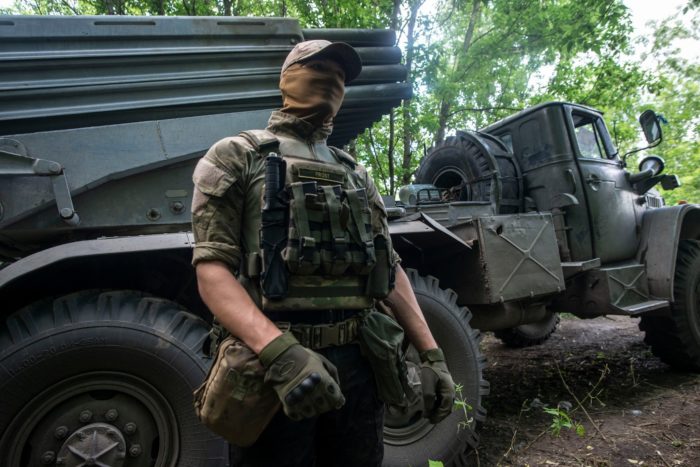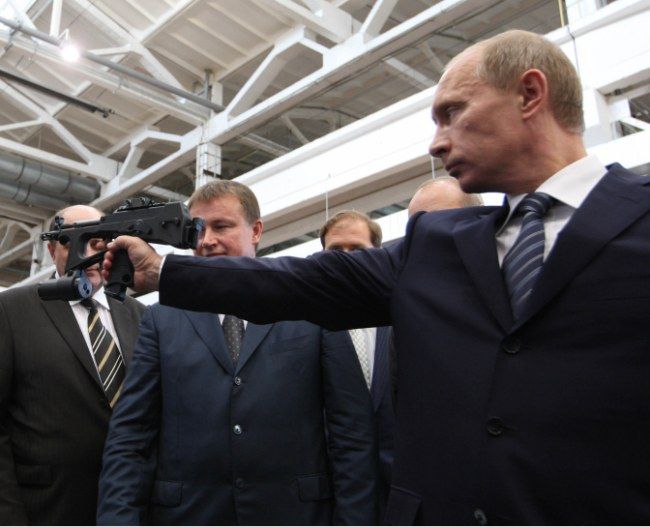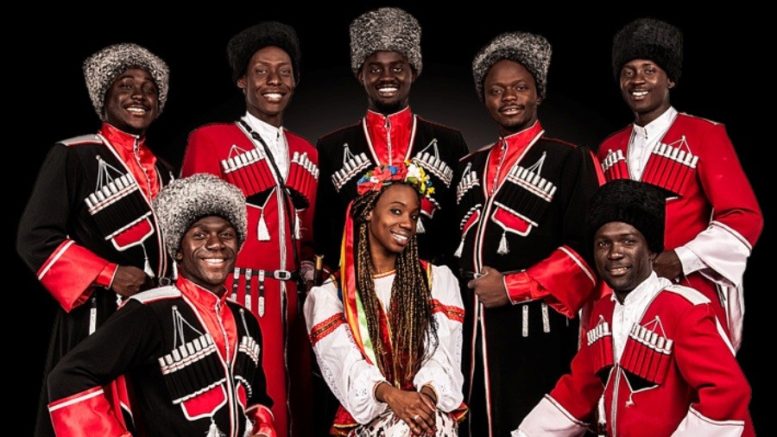The flood of news stories from a country as large, diverse and strange as the Russian Federation often appears to be is far too large for anyone to keep up with. But there needs to be a way to mark those which can’t be discussed in detail but which are too indicative of broader developments to ignore.
Consequently, Windows on Eurasia presents a selection of 13 of these other and typically neglected stories at the end of each week. This is the twenty-fifth such compilation. It is only suggestive and far from complete – indeed, once again, one could have put out such a listing every day — but perhaps one or more of these stories will prove of broader interest.
1. Even Putin Admits There are Massive Human Rights Violations in Russia. In a measure of both just how bad things are in Russia and how duplicitous Vladimir Putin is about that and everything else, the Kremlin leader says that there were 3.2 million violations of human rights registered in Russia during 2015 alone. Of course, he did not acknowledge his own role in boosting that number. And his operatives took down the Levada Center site after its polling found that his public support was slipping.
2. Russian Arrested for Wearing Putin Mask, Others to be Jailed for Insulting Russian President. One Muscovite has been arrested four times now for wearing a Putin mask as a form of protest. Other Russians stand to serve six years in prison if they insult the president according to a new measure under consideration in the Duma.
3. Moscow Moves from Closing KGB Archives to Destroying Them. In its effort to control the past in order to control the future, the Kremlin has fired archive directors, persecuted authors for articles and books which offer a view of the Soviet past it doesn’t like, and routinely presented an alternative reality unfamiliar to those who have actually studied Russia’s history. Now, the Kremlin has taken the next step to ensure that only its version of history will survive: it has moved from closing archives about the Soviet security police to actually destroying portions of them.
4. Russian Economy Down But Economic Crimes Up. Despite the decline in the Russian economy over the last two years, the number of economic crimes in the country has continued to grow. And the size of bribes appears to be growing as well, especially in Moscow. Bribes in the Russian capital are now 3.5 times those in the provinces.
5. Russians have Increasingly Positive View of Stalin but Wouldn’t Want to Live Under Him. A new poll finds that ever more Russians think Stalin was a positive figure in their history but they also say that, despite that belief, they wouldn’t want to live under the system he created. Another survey finds most Russians say that in 1991, they would have backed the continued existence of the USSR.
6. Russian Far East Suffering from ‘Epidemic of Falling Bridges.’ Russian officials are scrambling to cope with the latest case of the failure of Russian infrastructure: “an epidemic” of collapsing bridges in the Far East. Meanwhile, residents of the Moscow suburb of Lyubertsy have organized a competition to identify the largest and deepest pothole in roads there.
7. Sakha Residents Demonstrate Against Moscow’s Plans to Resettle Russians in Their Republic. More than a thousand residents of Sakha took part in a demonstration against Moscow’s plans to offer free land to Russians who agree to resettle in the Far East, including in the Sakha Republic.
8. Chechen Capital Rated ‘Most Secure City’ in Russia. Grozny has been rated “the most secure city” in the Russian Federation, a reflection either of the duplicity of Ramzan Kadyrov and Vladimir Putin’s willingness to go along with it or the result of the Chechen leader’s increasingly repressive rule.
9. Russia Air Routes Now Even More Moscow-Centric than in Soviet Times. One of the sad if comic aspects of Soviet life was that residents of one oblast who wanted to fly to a nearby one often had to travel via Moscow, thousands of kilometers out of their way. Now, after the collapse of most regional carriers and the closing of nearly a thousand airports, experts say that situation has returned and that the Russian air travel map is now even more Moscow-centric than it was.
10. Two Percent of Pregnant Urals Residents HIV Infected. Doctors say that one in every 50 pregnant women in the Urals is HIV infected. But journalists report that there is no money for HIV/AIDS testing there, so the situation may be even worse.
11. Russians Say Doping Scandal a Western Conspiracy Against Their Country. As ever more Russian sports stars are found to have violated international doping rules, Russians tell pollsters they view the whole thing as nothing but a Western conspiracy designed to keep Russians from winning. Russian parliamentarians are angry as well: they say that in Soviet times, the sports minister would have been shot for allowing such scandals to occur or at least become public knowledge.
12. Academic Fraud in Russia So Widespread It is Now an Academic Subject. A new field has emerged in Russian scholarship – the study of academic fraud. It appears likely to grow because Russians increasingly view university degrees as goods to be purchased rather than as recognition of study.
13. Russia No Longer Manufactures Pianos. Given its economic difficulties, Russia has had to stop producing many things; but perhaps the hardest to bear for many is that that country with its rich musical history no longer produces pianos.
And four more stories from Russia’s neighbors:
14. Ukrainian Extreme Right Penetrated by Russian Security Services. Most people assume that Moscow works hardest to penetrate and control groups which are pro-Russian, but in many cases, its security agencies work to penetrate and direct groups that may be ostensibly anti-Russian. That gives Moscow additional leverage and sometimes plausible deniability. Now, there is growing evidence that Russian security agencies have penetrated the Ukrainian extreme right.
15. Fears of Islamic State, Not Mistreatment Driving Russians Out of Central Asia. Most commentators have suggested that ethnic Russians are leaving the five Central Asian countries primarily because of the increasingly nationalist approach of the governments there, but a new study concludes that most Russians departing from the region are now doing so because of fears about the actions of ISIS.
16. In Kharkiv, Bandera Statue May Replace Lenin One. A statue of Ukrainian nationalist leader Stepan Bandera will go up in place of a statue of Lenin in the Ukrainian city of Kharkiv if local activists have their way.
17. Transfer Payments Home by Tajik Gastarbeiters Fall by Another Two-Thirds. Tajikistan’s problems have been compounded by the fact that transfer payments from its gastarbeiters in the Russian Federation, already lower in 2013 and 2014 fell by another two-thirds last year, yet another example of how Russia’s problems are spreading to other former Soviet republics.








